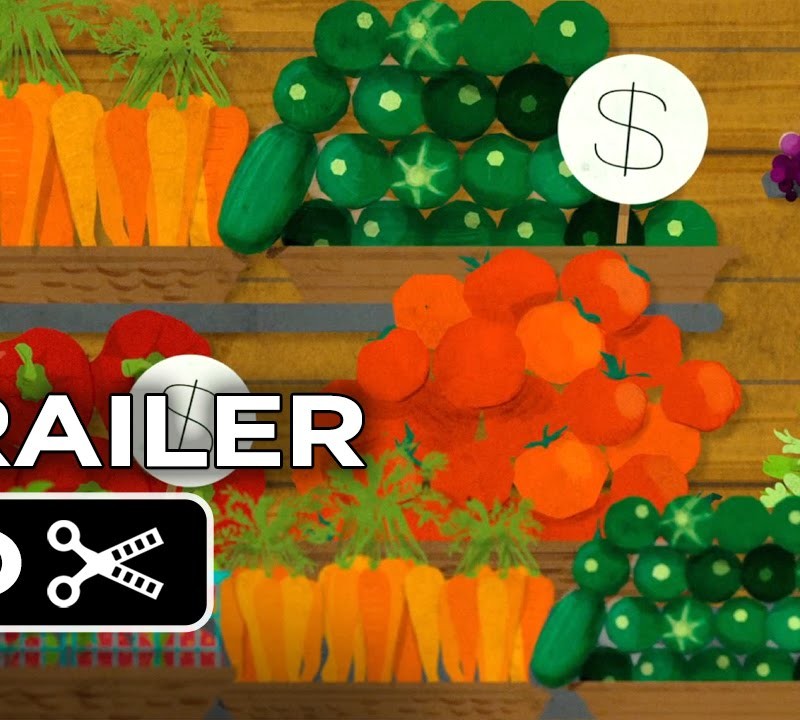Three Things You Don’t Know About Your Tomato
By Sanjay Rawal
Published on April 22, 2014 in The Huffington Post
I grew up in a tomato family. My father was the director of research for Del Monte in northern California, and my summers were spent with him in the Central Valley on farms that grew experimental varieties of tomatoes. As the fields were plowed under in the fall, it seems every last tomato ended up in his truck headed either for our kitchen or to our garden as compost. My mother, although not a Ph.D in botany, realized that burying tomatoes as compost would only result in a garden overrun by, well, tomatoes — something my father never seemed to grasp.
I never tasted a tomato I didn’t like — until I moved out from my parents’. My father focused on something it seems no one did — taste. The tomatoes I ate were sweet as mangoes and plump as plums. But as soon as I hit the salad bar in my freshman year at college, I realized how terrible a tomato could taste. It was like seeing my favorite movie star without makeup, or learning that my favorite ballplayer might have taken P.E.D.s (that’s you, Mark McGwire).
I tried to distance myself from California by moving to New York City, but I never was able to shake my connection to the tomato industry, so three years ago, I began an exposé on the labor practices in agriculture — something my father, by the way, heartily endorsed.
This exposé morphed into a feature-length documentary film, Food Chains, premiering at the Tribeca Film Festival this week and coming out in theaters this fall. The film follows a group of tomato pickers from southern Florida, the Coalition of Immokalee Workers (CIW), who are most certainly transforming the oppression of Florida agriculture into one of the most progressive industries in America. Their Fair Food Program involves a dozen major retailers, from Wal-Mart to Whole Foods, who have committed to buying Fair Food Tomatoes produced in Florida.
If you buy your tomatoes somewhere other than Fair Food retailers, this is what you might be supporting:
- Sexual Harassment — much of the harvest occurs miles from visible roads, behind large hedges, and the crops themselves might block view (like orange trees). While comprehensive studies have yet to be conducted, it is estimated that 50-80 percent of all female farmworkers are sexually harassed. The CIW’s Fair Food Program is ending this cycle of exploitation by forbidding large retailers to buy from farms with violations.
- Physical violence — many states don’t have enough labor inspectors to adequately police the tens of thousands of farms in their jurisdiction. Because of the lack of enforcement, the conditions on some farms can resemble the wild, wild west with verbal and physical abuse being the norm. The CIW has eliminated that on participating farms in Florida.
- Modern-day slavery — in the Aughts, the CIW played a major role in ending the trafficking and enslavement of agricultural workers in southern Florida, then known as “ground zero for modern-day slavery.” They found that modern-day slavery didn’t discriminate based on immigration status. American citizens were as likely to be enslaved as undocumented workers. They found hundreds of workers who had been lured by employers to work on plantations for no pay, some even being shackled at night in chains.
The Fair Food Program prevents participating retailers from buying from farms that have had cases of modern-day slavery.
What’s a shopper to do? When you buy tomatoes and other fresh produce, look for a retailer that participates in the Fair Food Program. Otherwise, you are most certainly supporting abuse you probably didn’t know still existed in the fields of America.
